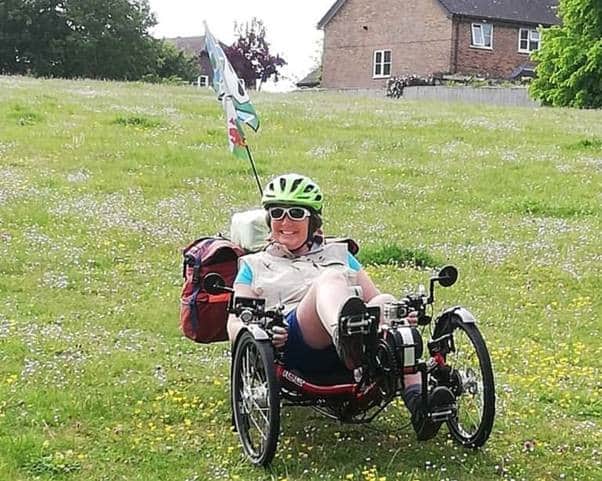Here in the UK we’re coming to the end of Disability History Month (18th November – 18th December 2020) – something that we’ve been particularly excited about this year given that the theme has been “access”!
Wheels for Wellbeing’s efforts follow on from those by Disabled campaigners throughout history, from groups in 1980s America seeking to expand bus lifts for wheelchair users country-wide, to British campaigners’ ongoing efforts to pass the Disability Discrimination Act 1995 – an act that was initially blocked by the UK Government 16 times.
The importance of Disability community-led campaigns continues to this day. Since 2016, we have been working tirelessly to overcome the many barriers preventing Disabled people from walking, wheeling and cycling as freely as non-Disabled people. From physical barriers that include bollards and narrow cycle lanes, to the perception that Disabled people cannot and/or do not partake in physical exercise, we directly confront these barriers and campaign for fair-for-all active travel environments – regardless of the person’s age or impairment. In 2017 we made history by launching the first ever Guide to Inclusive Cycling, and we are proud this month to have unveiled its fourth edition (freely available from our website).

“…it’s not until you suddenly find that you can’t get your cycle down a cycle path because it’s not wide enough or has bollards that block my trike that you realise why it’s so important.”
– Rick, Disabled cyclist
Most recently, the COVID-19 pandemic has demonstrated just how valuable access to outdoor public space is, especially for physical exercise and independent mobility (as highlighted in our position statement on post-COVID streetscapes). It is vital for transport planning decision-makers to continue engaging with the Disabled community to develop streetscapes that are accessible to all, by consulting with them on a regular basis rather than assuming what Disabled people need (“nothing about us without us”).

“The poor condition of the roads affects me badly. The number of potholes makes it difficult for me to avoid them and road surfaces have a great effect on me. When the road surface is top dressed with a rough coating, it makes the trike go slower to overcome the resistance. I also struggle with speed bumps: they have a short gap at the side for two wheeled bikes to go through, but I have to go over them which means I have to slow down considerably, and this is dangerous when I’m in a group going faster.”
– Amanda, Disabled cyclist
To learn more about the history of Disability and access, from Greek mythology to the implementation of international laws around discrimination, visit Disability History Month’s website (here).
